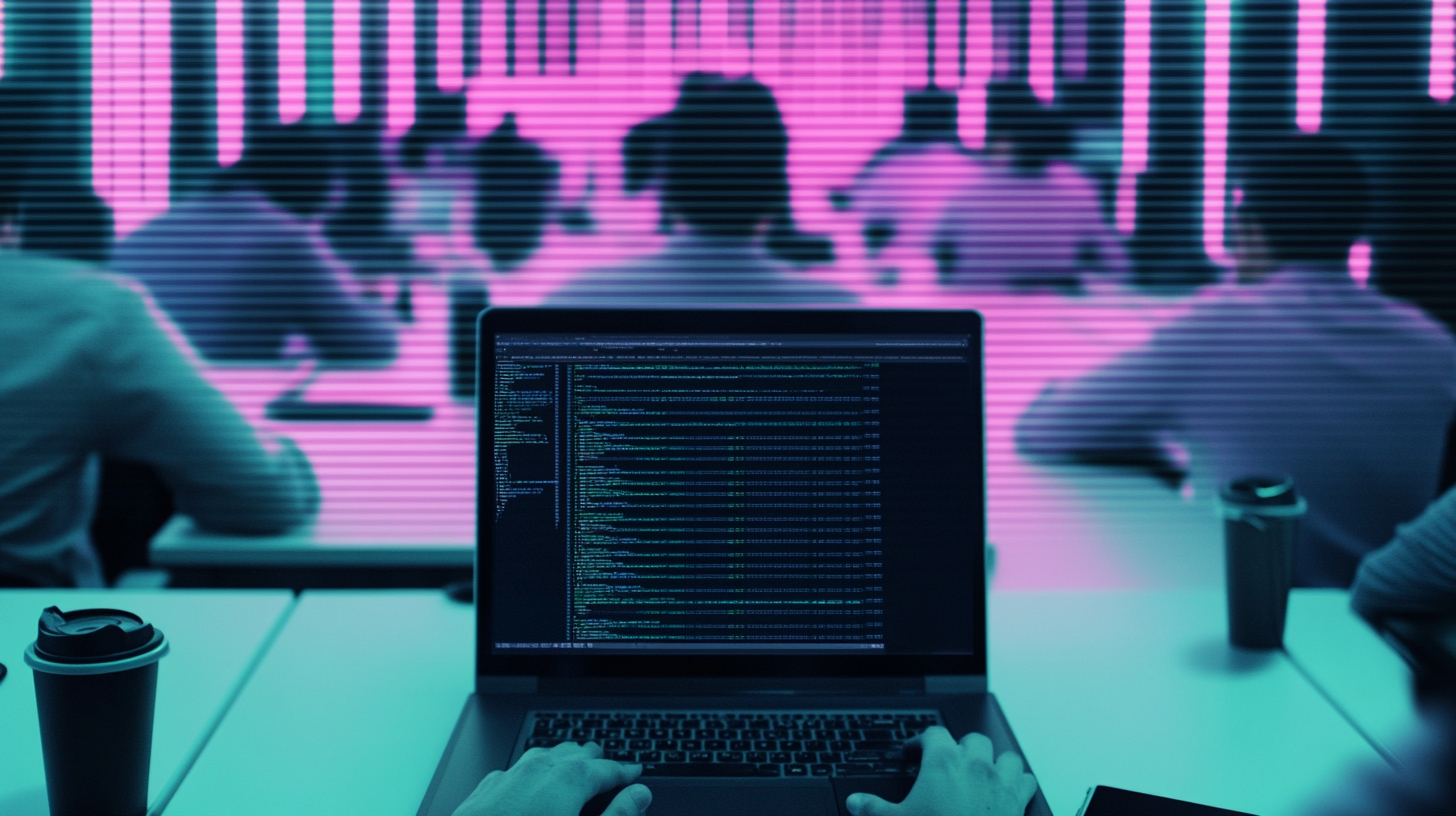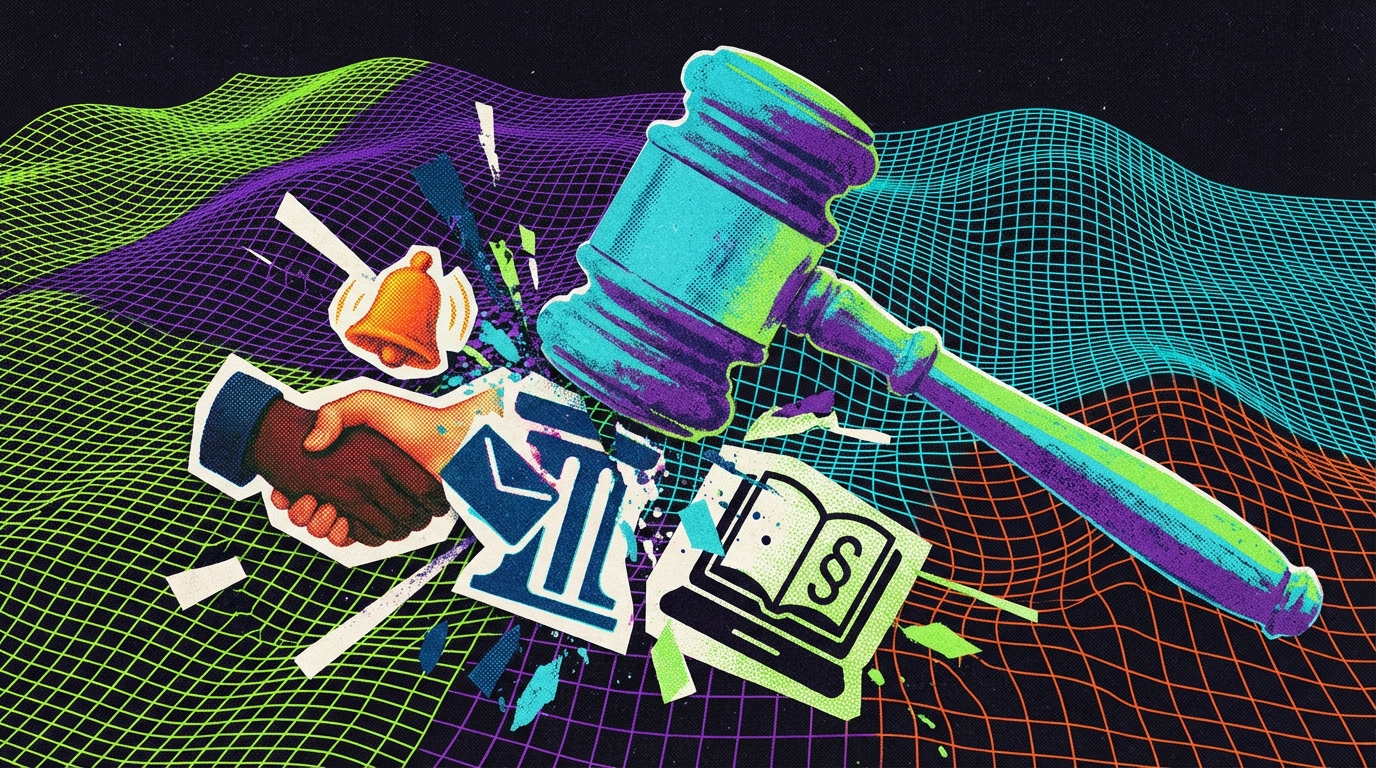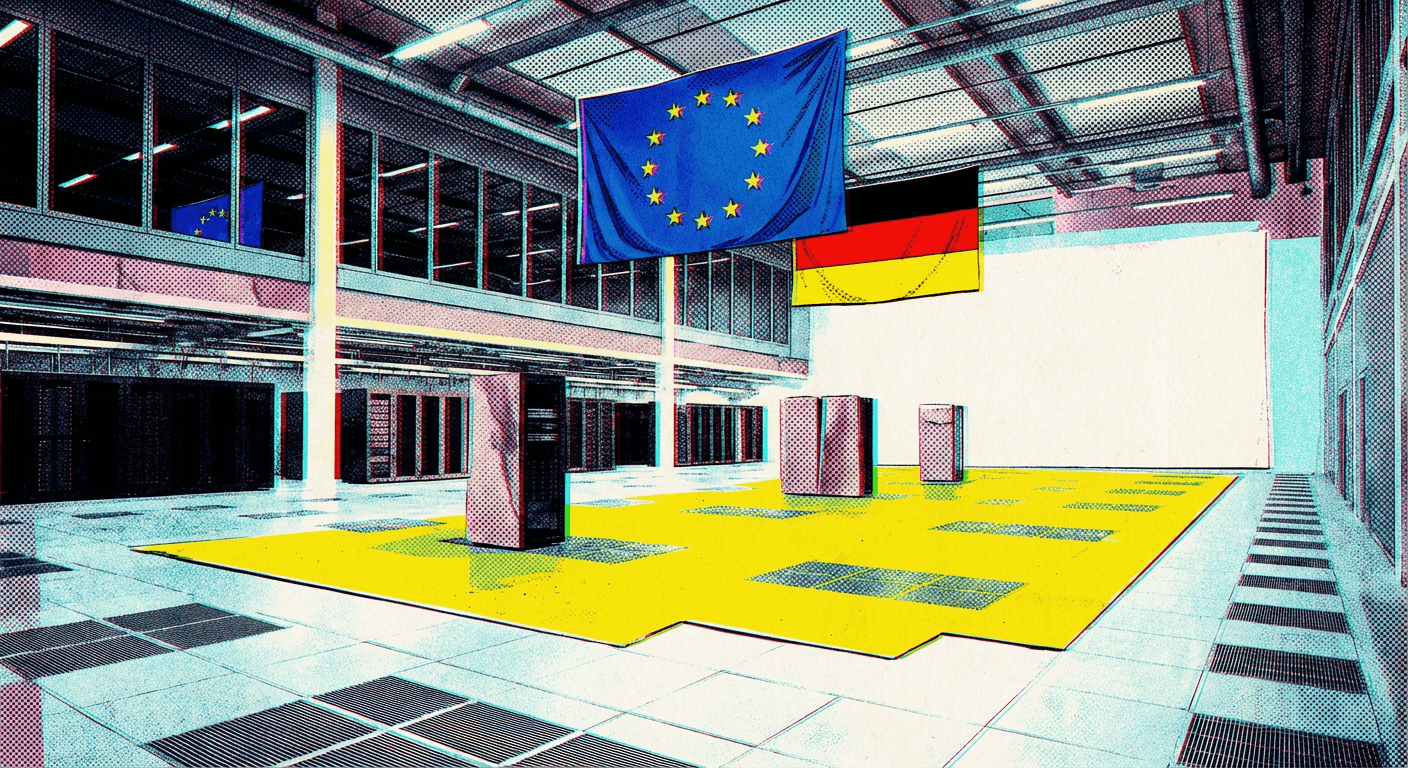Warner Bros. accuses ByteDance of copyright infringement with its new AI video service Seedance 2.0. The studio sent a letter on Tuesday to ByteDance's chief legal officer John Rogovin, who previously worked at Warner Bros. himself.
Users had been using Seedance to create AI videos featuring Superman, Batman, "Game of Thrones," "Harry Potter," "Lord of the Rings," and other Warner characters. Warner Bros. stresses that the users aren't the problem - Seedance came preloaded with the studio's copyrighted characters, which the company says was a deliberate choice by ByteDance.
Disney and Paramount had already sent cease-and-desist letters before Warner's move. ByteDance responded by announcing additional safeguards. Warner Bros. argues, however, that these easily implementable protections should have been in place from the start. This has become a familiar pattern - OpenAI keeps discovering copyright issues only after shipping its models, too.


